Soviet cinema has a rich tradition of exploring themes of friendship, often highlighting the bonds that transcend personal, cultural, and even political differences. This curated list of ten Soviet films not only showcases the depth of human connections but also provides a window into the cultural and historical context of the era. These films, with their universal appeal, remind us of the enduring value of camaraderie and mutual support, making them essential viewing for anyone interested in the art of storytelling through cinema.
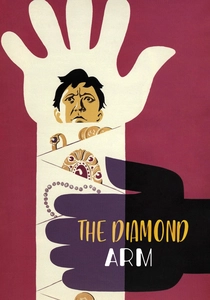
The Diamond Arm (1969)
Description: A comedy where an ordinary man accidentally becomes involved in a smuggling operation, leading to a series of comedic events where friendships are tested and formed.
Fact: The film is known for its catchphrases that have become part of Russian pop culture.
 Watch Now
Watch Now
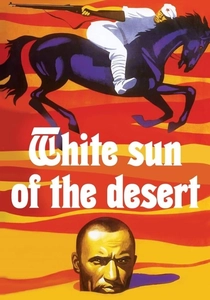
The White Sun of the Desert (1970)
Description: A Red Army soldier, after the Civil War, finds himself in a remote desert village where he forms an unlikely friendship with the local inhabitants, highlighting the bonds formed in unusual circumstances.
Fact: The film's theme song became extremely popular and is often associated with the Soviet era.
 Watch Now
Watch Now
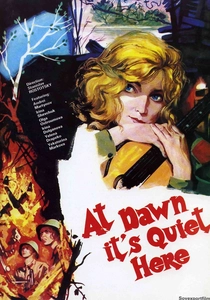
The Dawns Here Are Quiet (1972)
Description: This war drama focuses on a group of female anti-aircraft gunners who, despite their diverse backgrounds, form a tight-knit group under the leadership of their sergeant, showcasing the strength of friendship in adversity.
Fact: The film was based on a novel by Boris Vasilyev, and it was one of the first Soviet films to portray women in combat roles realistically.
 Watch Now
Watch Now
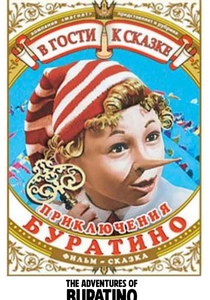
The Adventures of Buratino (1975)
Description: This children's film adaptation of Carlo Collodi's "The Adventures of Pinocchio" emphasizes the importance of friendship as Buratino and his friends navigate through adventures to find the Golden Key.
Fact: The film was one of the first Soviet adaptations of a foreign fairy tale, introducing many children to the concept of friendship through adventure.
 Watch Now
Watch Now
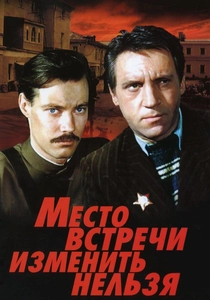
The Meeting Place Cannot Be Changed (1979)
Description: A crime drama series where the protagonist, a police captain, forms bonds with his team and unexpected allies, showcasing the power of friendship in the fight against crime.
Fact: The series became iconic for its portrayal of post-war Soviet life and its memorable characters.
 30 Days Free
30 Days Free
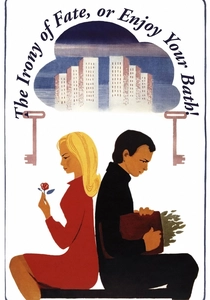
The Irony of Fate (1975)
Description: A New Year's Eve comedy where a man ends up in Leningrad instead of Moscow due to a mix-up, leading to an unexpected friendship with a woman he meets there. The film explores themes of fate, love, and friendship.
Fact: This film is traditionally shown on Russian TV every New Year's Eve, becoming a cultural phenomenon.
 30 Days Free
30 Days Free
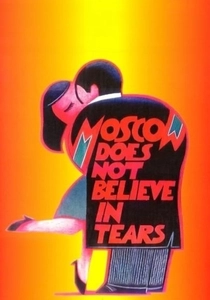
Moscow Does Not Believe in Tears (1980)
Description: While primarily a love story, the film also delves into the enduring friendships among three women over three decades, showing how friendships can sustain through life's ups and downs.
Fact: It won the Academy Award for Best Foreign Language Film in
 30 Days Free
30 Days Free

The Twelve Chairs (1971)
Description: This comedy follows a former nobleman and a con artist in their quest for hidden jewels, where their evolving friendship becomes central to the narrative.
Fact: The film was based on a novel by Ilf and Petrov, which has been adapted multiple times.
 30 Days Free
30 Days Free

The Garage (1979)
Description: A satirical comedy about a group of people fighting over garage spaces, where friendships are strained and tested, revealing the complexities of human relationships.
Fact: The film was directed by Eldar Ryazanov, known for his insightful social comedies.
 30 Days Free
30 Days Free

The Republic of SHKID (1966)
Description: Based on a true story, this film depicts the lives of street children in a special school where they form a unique community, highlighting the importance of friendship and solidarity.
Fact: The film was one of the first to address the issue of juvenile delinquency in Soviet cinema.
 30 Days Free
30 Days Free









